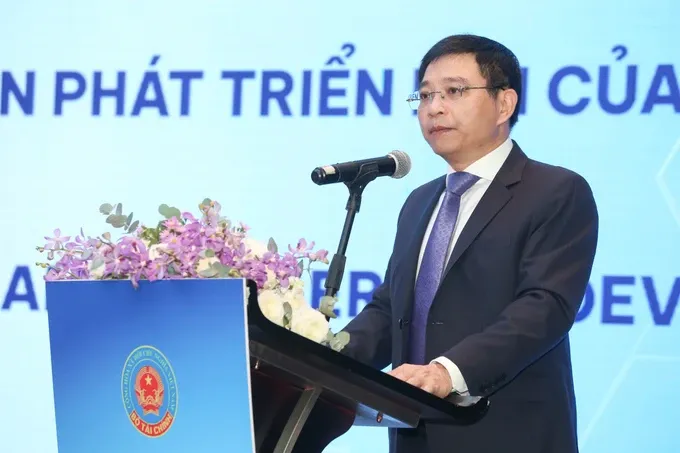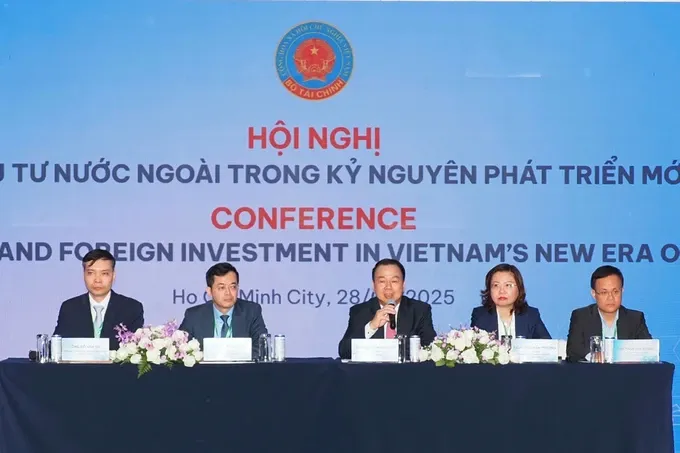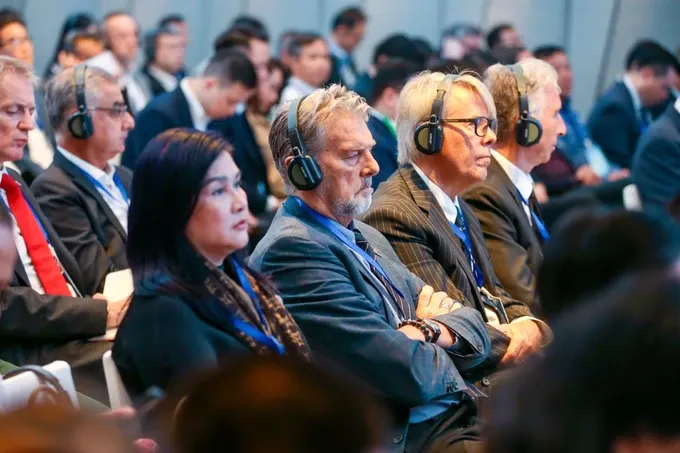
Speaking at the event, Minister of Finance Nguyen Van Thang said that although foreign direct investment (FDI) has been strongly attracted in recent times, there are still many obstacles related to land, taxes, customs, and foreign exchange procedures. In the context of the Vietnamese Government aiming to achieve a GDP growth of 8 percent or higher in 2025, mobilizing capital through investment funds and FDI has become a crucial driving force.

At the conference, experts agreed that Vietnam needs to simultaneously carry out institutional reforms, enhance management capacity, and develop a comprehensive financial ecosystem to achieve double-digit growth. Of which, investment funds and foreign direct investment (FDI) will be two key pillars, aimed at promoting green, sustainable, and deep economic development.
Deputy Head of the Foreign Investment Department, Do Van Su, stressed that Vietnam has shifted from passive investment attraction to a proactive approach to large corporations and deeply participated in the global supply chain. The country will focus on selecting and attracting high-quality FDI and prioritizing high technology and environmentally friendly industries.

In addition to stabilizing the macroeconomy and improving the institutional framework, Vietnam is training 100,000 electronic engineers and 50,000 semiconductor engineers. The country encourages investment in renewable energy and direct electricity trading mechanisms.
Notably, tax incentives are being applied, including a preferential tax rate of 5 percent for 37 years, 6 years of tax exemption, and a tax reduction of 50 percent for 13 years for R&D centers with investments of more than VND3,000 billion (US$117.3 million) or projects with investments of over VND30,000 billion (US$1.17 billion) that have rapid disbursement and technology transfer, the Deputy Head of the Foreign Investment Department added.
























